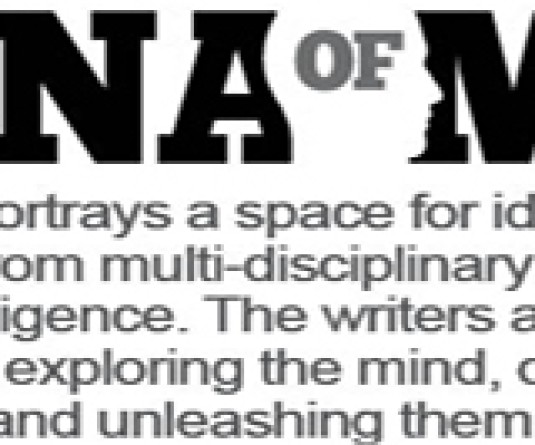
“All children should be taught to unconditionally accept, approve, admire, appreciate, forgive, trust, and ultimately, love their own person.” – Asa Don Brown
Rev. Fr. C. Joseph
Counsellor, St. Joseph’s College, Jakhama
Introduction: There are many reasons for the importance of counselling. As the world becomes busier and busier, the need for counselling increases. People are faced with many challenges in life, can be very isolated, need trauma counselling or just need support. Add to this list the need for addiction counselling, depression, mental and behavioral health and you have a myriad of reasons for the need of counselling. The need of counselling is felt today in different dimensions of one’s life. The complexities of modern life, stresses and struggles felt by man living amidst the challenges of today call for help from others.
The Importance of Counselling: Counselling may help those who are struggling in the world. They may help them to deal with personal issues such as loss of a job or a failure in life. This can be a very stressful time for anyone. A counsellor can help the person to get back on their feet and feel empowered and stronger than ever. Counselling may help the person to let go of the past and start over without feeling guilty. The counsellor may help an addict or alcoholic to give up their drug of choice and their drinking in an effort to lead a normal life. They may help guide the person through the difficult transition of going from addict to functional person in society. Not all addicts or alcoholics are bad, many have had serious issues in getting to where they are at and just need a bit of encouragement and help to make it back up to the top. Counsellors will focus on individual treatment as well as group therapy to help others in similar situations. The field of counselling offers up many of great opportunities to help others lead a healthy, happy, and normal life.
Counsellors use a variety of methods in which to help a person in whatever they are going through. They will help by posing questions and having the person do some introspection and self-understanding. Often, the answers to life’s questions are right in front of us. We just don’t see them clearly because we’re so embroiled in the melee of what is going on around us.
A counsellor will help a person to identify what these questions are and how they should answer and be answered. It’s not always easy. Often we have to make choices that will alter our world as we know it. A counsellor can help guide a person through this so that they can move forward in life. It can be scary to make changes that will alter your world.
It’s easy to get stuck in a rut and focus on the negative in life. Often it’s the fear of the unknown that holds us hostage. Counsellors can guide people through these ruts and help them to move forward in their life without regret. Sometimes, it’s fear that has held us; hostage, all these years and a good counsellor can help us to alleviate our fears.
Choosing to go to counselling isn’t a bad choice; it’s nothing to be ashamed of. There are many times where the importance of counselling will help a person to move forward in their life and enjoy it to its fullest. There are counsellors for anything and everything in life that a person can imagine. Choosing to counsel is a huge step and will go far in helping a person to enjoy their life.
Counselling is good for you: Counselling can be useful for anyone who wants to explore the way they're thinking or feeling further, as well as for anyone experiencing a problem or issue they are keen to resolve. People may choose to speak to a counsellor because they feel they cannot speak to their other half/friends/family about such personal issues, or they may simply wish to speak to a professional with an objective viewpoint. Today our world community becomes more and more electronic, there are certainly benefits, however, there are also serious drawbacks. Personal physical relationships have decreased significantly thereby reducing our opportunities for real live connections with the people around us. There was a day when I might not have been able to communicate with someone around the world, but when I needed validation, support, connection, and relationship, I could go to my best friend down the street, spend the night, and get what I needed from that relationship. Now, what I might get is a quick text or an email instead. Because the need for connection in humans is fundamental, counselors can be a very important surrogate to get that connection.
Conclusion: The need for a professional counselling service is increasing due to the increasing complexities of modern day living, aggression, behavioral problems, drug abuse, alchoholism, sexual abuse, the HIV/AIDS and sexually transmitted diseases. The need for counselling service is universal for all categories of people, catering to the needs of psychological and emotional wellbeing and therefore, the need of counselling does confine to all. Those called upon immediately to help reduce the pain of another, such as that brought about by bereavement, job loss, physical or sexual abuse, are not always the professionally trained counsellors but often the parent, friend, manager, nurse, doctor, or cleric, any of whom can do much to relieve the pain of crisis by listening, hearing and understanding what the other person is experiencing at that particular time.






